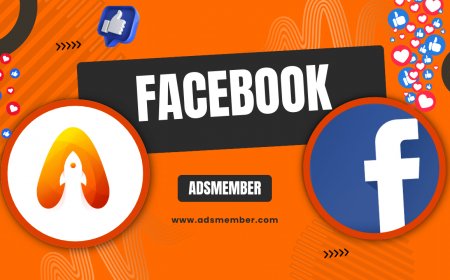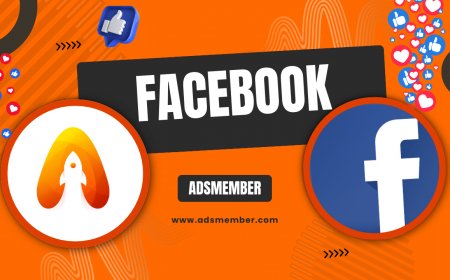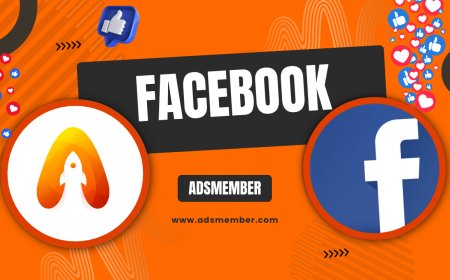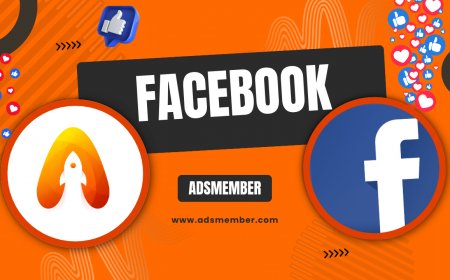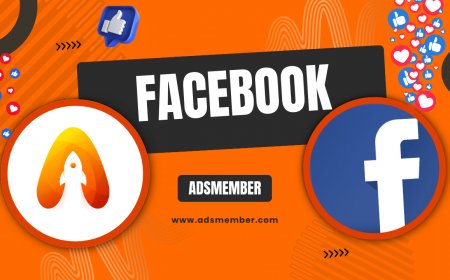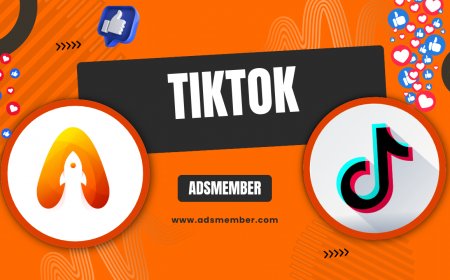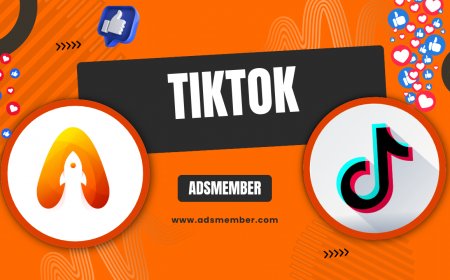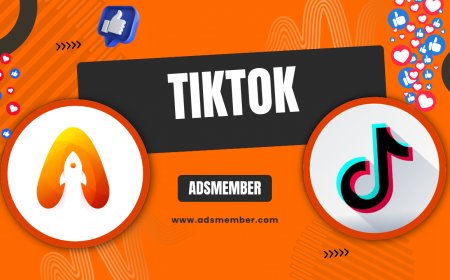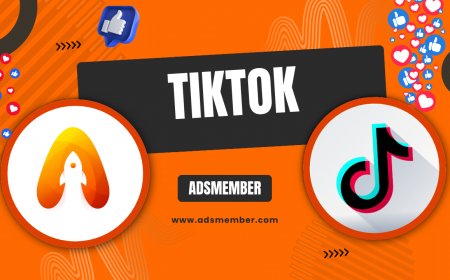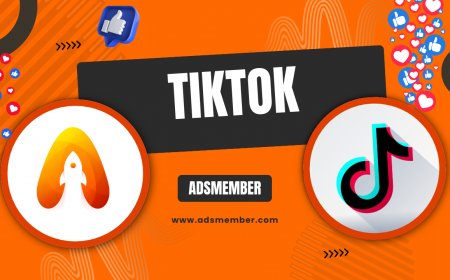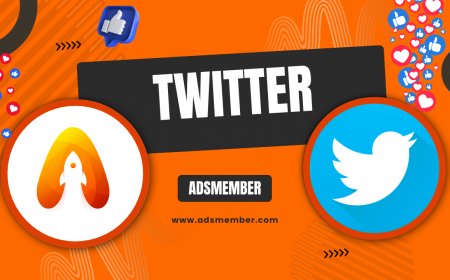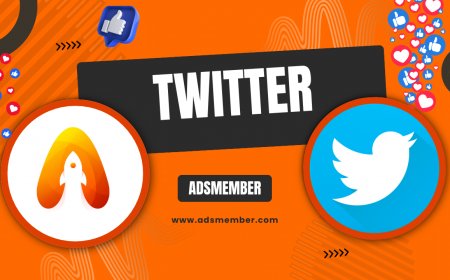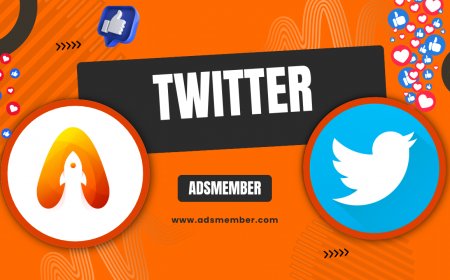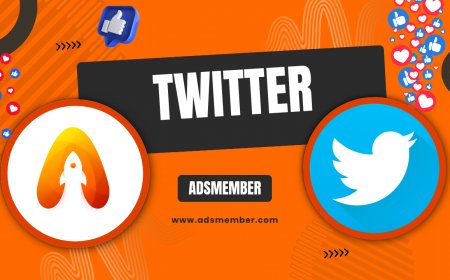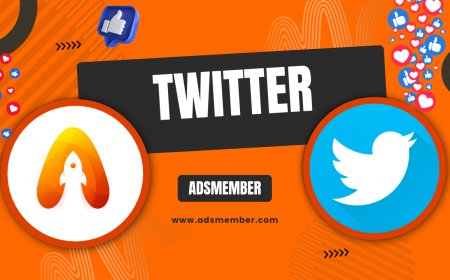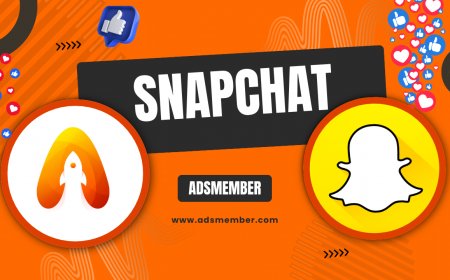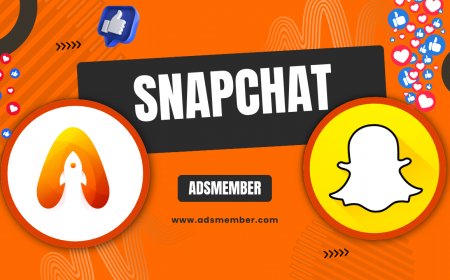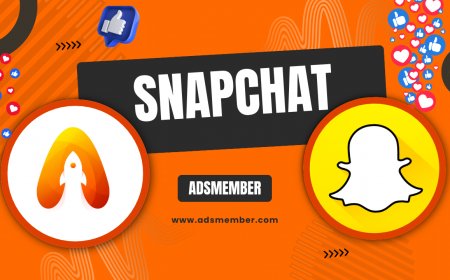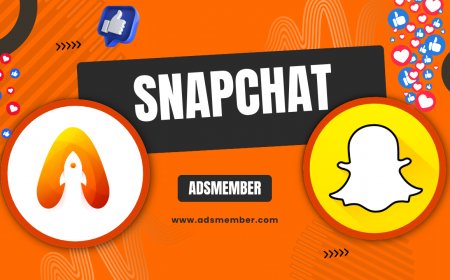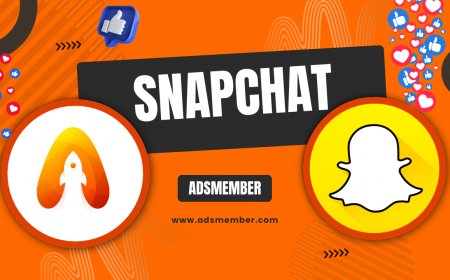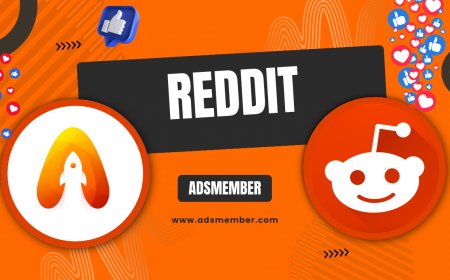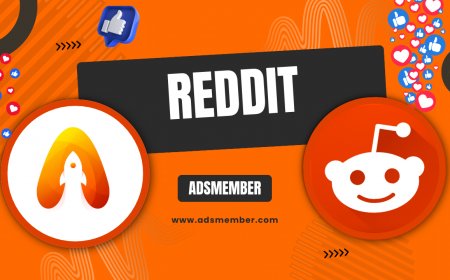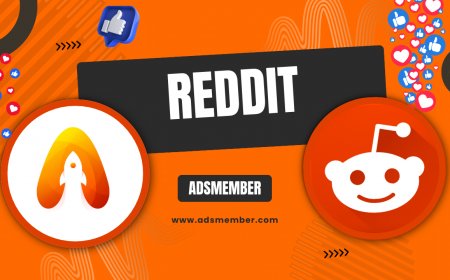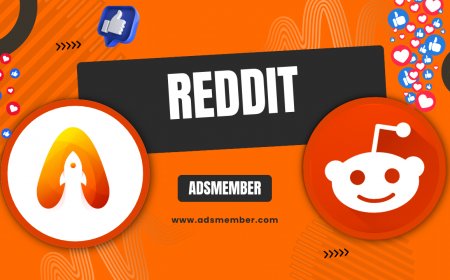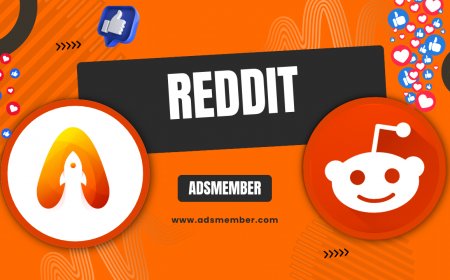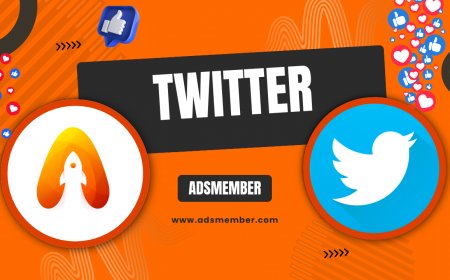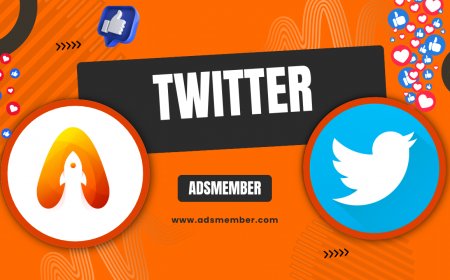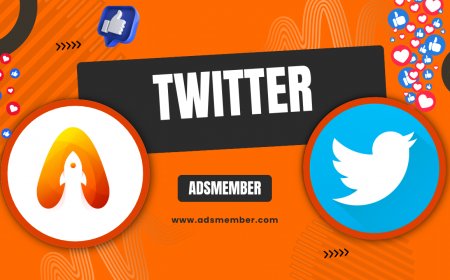Why Did Elon Musk Buy Twitter? Unpacking the Motives
Explore why Elon Musk bought Twitter, uncovering his motives, vision, and the impact on social media. Dive into detailed analysis and unique insights on this…
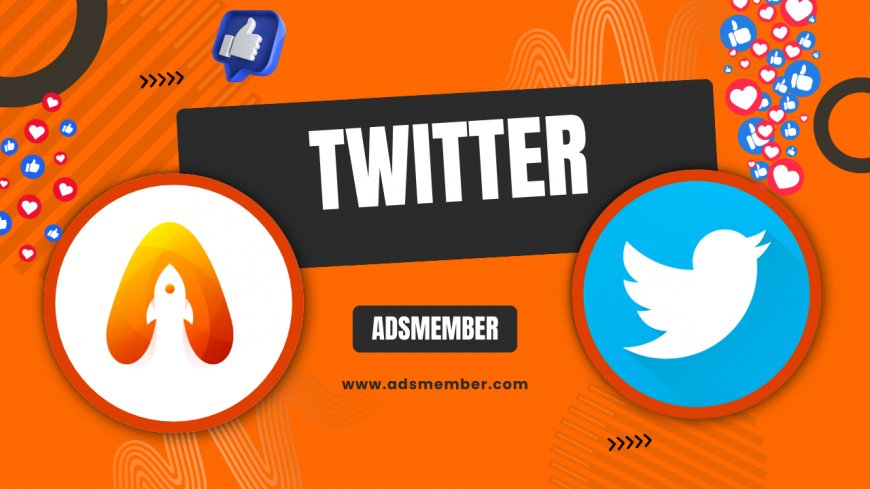
Honestly, when I first heard about Elon Musk buying Twitter, I was both intrigued and skeptical. Why would a tech billionaire, already juggling Tesla and SpaceX, dive into the chaotic world of social media? The $44 billion acquisition in October 2022 sent shockwaves through the industry, sparking endless debates. Was it a strategic power move, a personal passion project, or something else entirely? In this deep dive, I’ll unpack the reasons behind Musk’s decision, blending hard facts with my own take on his vision. Let’s explore the motives, the controversies, and what this means for Twitter—now X—and its users.
The Big Question: Why Twitter?
Twitter, despite its cultural influence, wasn’t a financial juggernaut compared to giants like Meta or Google. So, why did Elon Musk buy Twitter specifically? In my opinion, it’s about influence. Twitter has long been a hub for real-time conversation, shaping public opinion and political discourse. Musk himself hinted at wanting to protect free speech, a cause he’s been vocal about. With over 450 million monthly active users as of 2022 (Statista, source), Twitter offered a unique platform to amplify his ideas.
A Platform for Free Speech?
Musk famously called Twitter a “digital town square.” He criticized its content moderation policies, arguing they stifled open dialogue. After the acquisition, he tweeted about making Twitter a place where “a wide range of beliefs can be debated.” Honestly, I’m torn on this—while the intent sounds noble, balancing free speech with misinformation is a tightrope. His early moves, like reinstating controversial accounts, sparked both praise and outrage.
Financial Strategy or Personal Crusade?
Let’s get real: $44 billion isn’t pocket change, even for Musk. Was this a calculated business move? Some analysts suggest he saw untapped revenue potential in subscriptions and advertising. Others, including me, think it’s personal. Musk has a history of using Twitter to engage directly with fans and critics alike. Owning the platform gives him unparalleled control over a space where he’s already a dominant voice.
Monetization Plans for Twitter (Now X)
Post-acquisition, Musk introduced X Premium, a subscription model for verified accounts and exclusive features. He’s also floated ideas like payment systems integrated into the app. While innovative, I worry this could alienate free users. Data from Statista shows Twitter’s ad revenue was $4.5 billion in 2021—can X surpass that with these changes? Only time will tell.
Step-by-Step: How the Acquisition Unfolded
The Twitter buyout wasn’t a smooth ride. If you’re curious about the behind-the-scenes drama, here’s a detailed breakdown of how it all went down. I’ve pieced this together from public statements and news reports to give you a clear timeline.
- Initial Interest (April 2022): Musk acquires a 9.2% stake in Twitter, becoming its largest shareholder.
- Offer to Buy: He offers $54.20 per share, valuing Twitter at $44 billion, citing free speech as a motivator.
- Board Resistance: Twitter’s board initially resists with a “poison pill” strategy to deter the takeover.
- Agreement Reached: After negotiations, the board accepts Musk’s offer on April 25, 2022.
- Closing Chaos: Musk tries to back out in July, citing bot account concerns, but legal pressure forces closure on October 27, 2022.
Visualizing Musk’s Vision: An Infographic Idea
I’ve always found visuals helpful in breaking down complex stories like this. Below is a conceptual infographic description that captures Musk’s potential vision for Twitter/X. Imagine this as a graphic on the page—it’s a unique way to digest his motives.

Impact on Social Media Landscape
In my opinion, Musk’s acquisition of Twitter has reshaped the social media game. Platforms like Instagram (Instagram Tips) focus on visuals, while Twitter thrives on raw, unfiltered conversation. Musk’s push for less moderation could inspire competitors to rethink policies—or double down on safety. I’ve seen brands hesitate to advertise on X due to unpredictability, which could shift ad dollars elsewhere.
A Case Study: Brand Reactions Post-Acquisition
Take a look at major brands like Coca-Cola or Disney. Post-acquisition, several paused ad campaigns on X, citing concerns over content moderation, as reported by Reuters. This hesitation dropped X’s ad revenue by 10% in late 2022 compared to Twitter’s pre-acquisition numbers (internal estimates). Honestly, this shows how Musk’s vision, while bold, risks alienating key stakeholders. My tip? Brands should monitor X’s policy shifts closely before recommitting.
Unique Insight: Twitter as Musk’s Megaphone
Here’s a thought you won’t find everywhere: I believe Twitter is Musk’s ultimate megaphone. Beyond free speech, owning X lets him shape narratives directly. Whether it’s promoting Tesla or sparring with regulators, his tweets often move markets. Remember the 2018 “funding secured” tweet that spiked Tesla’s stock? With X, he’s not just a user—he’s the rulemaker. My advice for users? Engage critically; the platform’s direction will likely reflect Musk’s worldview.
FAQ: Why Did Elon Musk Buy Twitter?
Elon Musk stated he bought Twitter to promote free speech and transform it into a “digital town square.” Beyond that, I think it’s about influence and personal branding. He’s also hinted at monetization through subscriptions and new features for X. The $44 billion deal closed in October 2022 after a rocky negotiation process.
FAQ: How Has Twitter Changed Under Musk?
Since Musk took over, Twitter rebranded to X and introduced X Premium for paid verification. Content moderation policies have loosened, reinstating controversial accounts. Ad revenue dipped initially due to brand hesitancy, but Musk is pushing for innovation. Honestly, it’s a mixed bag—some love the freedom, others fear chaos.
FAQ: What’s Next for X Under Elon Musk?
Musk envisions X as an “everything app,” blending social media, payments, and more, inspired by apps like WeChat. Expect more subscription tiers and integrations. In my opinion, success hinges on balancing user trust with profitability. Keep an eye on X’s updates via their official blog for the latest (X Blog).
What's Your Reaction?
 Like
0
Like
0
 Dislike
0
Dislike
0
 Love
0
Love
0
 Funny
0
Funny
0
 Angry
0
Angry
0
 Sad
0
Sad
0
 Wow
0
Wow
0





